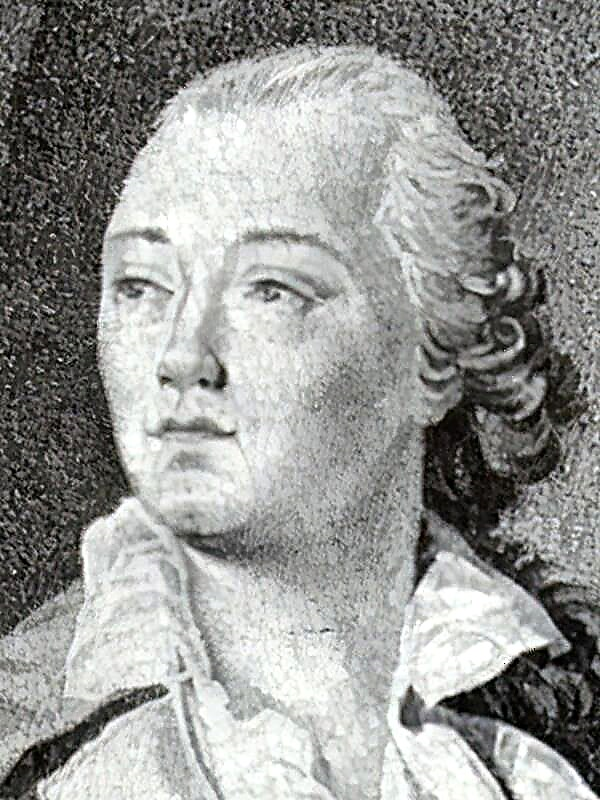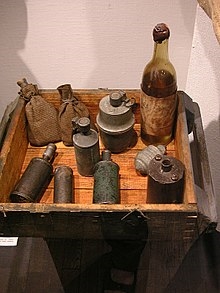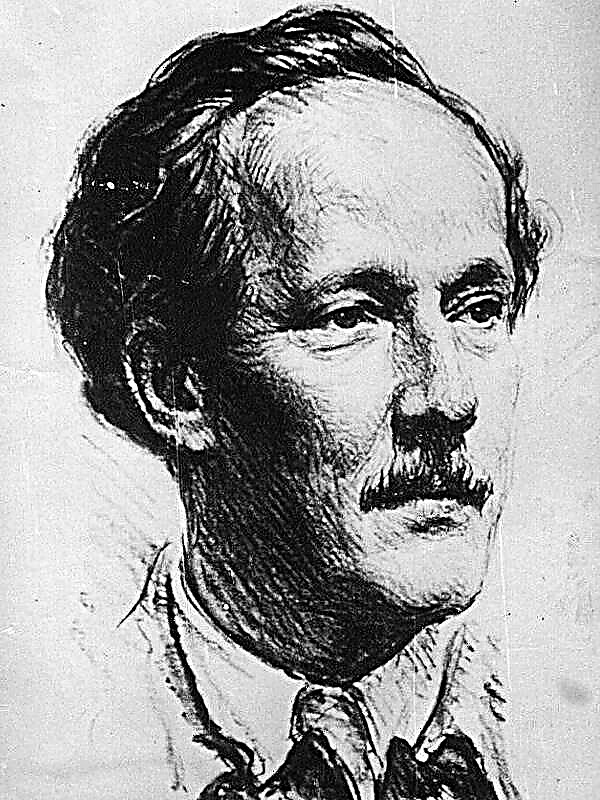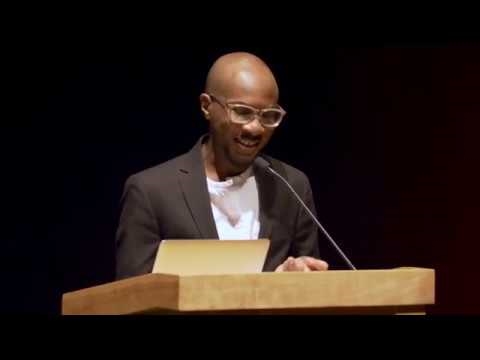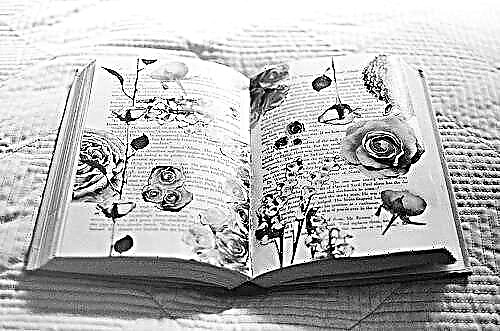When Richard was born, a hurricane ravaged the trees. Foreshadowing the timelessness, an owl shouted and an owl cried, dogs howled, a raven ominously croaked and magpies chattered. In the most difficult birth, a shapeless lump came into being, from which its own mother recoiled in horror. The baby was a hunchback, a crook, with legs of different lengths. But with teeth - to gnaw and torment people, as they will maliciously tell him later. He grew up with the stigma of a freak, suffering humiliation and ridicule. The words “godless” and “ugly” were thrown into his face, and dogs began to bark at his sight. The son of Plantagenet, with his older brothers, he was practically deprived of hope for the throne and doomed to be content with the role of a noble jester. However, he was endowed with a powerful will, ambition, a talent for politics and snake treachery. He happened to live in an era of bloody wars, internecine strife, when there was a merciless struggle for the throne between York and Lancaster, and in this element of treachery, betrayal and sophisticated cruelty, he quickly mastered all the intricacies of court intrigues. With the active participation of Richard, his elder brother Edward became king Edward IV, defeating the Lancaster. To achieve this, Richard, the Duke of Gloucester, killed the lord Warwick together with the brothers of the Lancaster associate, killed the heir to the throne, Prince Edward, and then personally killed the captive king Henry in the Tower VI, calmly remarking over his corpse: “First to you, then to another turn. / Let me be low, but up my path leads. " King Edward, who exclaimed at the end of the previous chronicle: “Gremy, trumpet! Farewell to all adversity! / Happy years await us! ” - and did not suspect what diabolical designs ripen in the soul of his brother.
The action begins three months after the coronation of Edward. Richard contemptuously says that the harsh days of the struggle gave way to idleness, debauchery and boredom. He calls his “peaceful” age puny, magnificent and talkative and claims to curse lazy fun. He decides to turn all the power of his nature into a steady advance towards sole power. "I decided to become a scoundrel ..." The first steps have already been taken. With the help of slander, Richard ensures that the king ceases to trust his brother George, Duke of Clarence, and sends him to prison - as if for his own safety. Having met Clarence, who is being taken to the Tower in custody, Richard is hypocritically sympathetic to him, and he rejoices in his soul. From Lord Chamberlain Hestings, he learns another good news for him: the king is sick and doctors are seriously afraid for his life. Edward’s craving for disastrous entertainment, which depleted the “royal body”, affected. So, the elimination of both brothers is becoming a reality.
Richard, meanwhile, sets about an almost unbelievable task: he dreams of marrying Anna Warwick, the daughter of Warwick and the widow of Prince Edward, whom he himself killed. He meets Anna when she in deep mourning accompanies the tomb of King Henry VI, and immediately begins a direct conversation with her. This conversation is striking as an example of the rapid conquest of the female heart with a single weapon - the word. At the beginning of the conversation, Anna hates and curses Gloucester, calls him a sorcerer, a scoundrel and an executioner, spits in his face in response to insinuating speeches. Richard suffers all her insults, calls Anna an angel and a saint, and puts forward his only argument: he committed all the murders only out of love for her. Either by flattery, or by witty dodges, he fights off all her reproaches. She says that even animals feel pity. Richard agrees that pity is unknown to him - therefore, he is not a beast.She accuses him of killing her husband, who was “affectionate, pure and merciful,” Richard remarks that in this case he is decent to be in heaven. As a result, he irrefutably proves to Anna that the cause of her husband’s death is her own beauty. Finally, he bares his chest and demands that Anna kill him if she does not want to forgive. Anna drops the sword, gradually softens, listens to Richard already without the previous shudder and finally takes the ring from him, giving hope for their marriage ...
When Anna leaves, excited Richard cannot recover from the ease of victory over her: “How! I, who killed my husband and father, / I took possession of her in an hour of great anger ... / God was against me, and the court, and conscience, / And there were no friends to help me. / Only the devil and a feigned appearance ... / And yet she is mine ... Ha ha! ” And once again he is convinced of his limitless ability to influence people and subject them to his will.
Further, Richard, without flinching, carries out his plan of killing the Clarence imprisoned in the Tower: secretly hires two thugs and sends them to prison. At the same time, he inspires simpleton nobles Buckingham, Stanley, Hestings and others that the arrest of Clarence is the machinations of Queen Elizabeth and her relatives, with whom he is at enmity. Only before his death, Clarence learns from the killer that the culprit of his death is Gloucester.
Sick King Edward, in anticipation of an imminent death, gathers courtiers and asks representatives of two warring camps - the king’s entourage and the queen’s entourage — to make peace and swear further tolerance for each other. Peers exchange promises and handshakes. All that is missing is Gloucester. But then he appears. Upon learning of the truce, Richard fervently assures that he hates enmity, that in England he has no more enemies than a newborn baby, that he apologizes to all noble lords, if he accidentally offended someone, and the like. The joyful Elizabeth appeals to the king with a request in honor of the solemn day to immediately release Clarence. Richard objectively protests her: Clarence cannot be returned, for "everyone knows - the noble duke is dead!" There comes a minute of general shock. The king is asking who ordered the killing of his brother, but no one can answer him. Edward bitterly regrets what happened and hardly gets to the bedroom. Richard quietly draws Buckingham's attention to how the queens turned pale, hinting that it was they who were to blame.
Without suffering the blow, the king soon dies. Queen Elizabeth, the mother of the King, the Duchess of York, the children of Clarence - they all bitterly mourn the two dead. Richard joins them with mournful words of sympathy. Now, by law, the throne should be inherited by the eleven-year-old Edward, the son of Elizabeth and the late king. Nobles send a retinue to him at Ledlo.
In this situation, the Queen's relatives - the uncle and stepbrothers of the heir - pose a threat to Richard. And he gives the order to intercept them on the way for the prince and to imprison him in Pamphret Castle. The messenger reports this message to the queen, who begins to dash in mortal fear for the children. The Duchess of York curses the days of turmoil when the victors, having defeated the enemies, immediately engage in battle with each other, "brother to brother and blood to his own blood ...".
The courtiers meet with the little prince of Wales. He behaves with the touching dignity of a true monarch. He is upset that he does not yet see Elizabeth, the maternal uncle and his eight-year-old brother York. Richard explains to the boy that his mother’s relatives are lying and conceal poison in his heart. The prince fully trusts Gloucester, his guardian, and accepts his words with a sigh. He asks his uncle where he will live until the coronation. Richard replies that he would “advise” to temporarily live in the Tower until the prince chooses another pleasant home for himself. The boy winces, but then dutifully agrees with his uncle's will.Little York comes in - mocking and insightful, who annoys Richard with sarcastic jokes. Finally, both boys were escorted to the Tower.
Richard, Buckingham and their third ally, Ketsby, had secretly agreed to enthrone Gloucester. We must enlist the support of Lord Hestings. Ketsby is being sent to him. Waking Hestings in the middle of the night, he reports that their common enemies - the Queen's relatives - will now be executed. This delights the Lord. However, the idea of coronating Richard bypassing little Edward aroused indignation among Hestings: “... so that I vote for Richard, / the direct heir is destitute, / - no, I swear to God, I will die soon!” The short-sighted nobleman is sure of his own safety, but meanwhile, Richard has prepared the death of anyone who dares to prevent him from reaching the crown.
In Pamphret, the Queen’s relatives are executed. And at that time the Council of State is meeting in the Tower, which is obliged to set a coronation day. Richard himself appears late on the council. He already knows that Hestings refused to conspire, and quickly orders to take him into custody and chop off his head. He even declares that he will not sit down to dinner until the head of the traitor is brought to him. In late insight, Hestings curses the "bloody Richard" and dutifully goes to the chopping block.
After his departure, Richard begins to cry, lamenting because of human infidelity, informs the council members that Hestings was the most secretive and crafty traitor, that he was forced to decide on such a drastic measure in the interests of England. The deceitful Buckingham eagerly echoes these words.
Now we have to finally prepare public opinion, what Buckingham is doing again. At the direction of Gloucester, he spreads rumors that the princes are the illegitimate children of Edward, that his marriage to Elizabeth is also illegal, brings up various other reasons for the reign of Richard on the English throne. The crowd of citizens remains deaf to these speeches, but the mayor of London and other nobles agree that Richard should be asked to become king.
There comes the highest moment of triumph: a delegation of noble citizens comes to the tyrant to beg him for mercy to receive the crown. This episode is directed by Richard with devilish art. He arranges the matter so that the petitioners do not find him anywhere, but in the monastery, where he, surrounded by the holy fathers, is deepened in prayers. Having learned about the delegation, he did not immediately go to her, but, appearing in the company of two bishops, plays the role of a simple-minded and far from earthly bustle person who fears the “yoke of power” more than anything and dreams only of peace. His prudish speeches are delightful in their refined hypocrisy. He persists for a long time, forcing those who come to talk about how kind he is, gentle in heart, and necessary for the happiness of England. When, finally, the city dwellers, desperate to break his reluctance to become king, retire, he kind of reluctantly asks them to return. “May your violence be a shield to me / from dirty slander and dishonor,” he warned prudently.
Good Buckingham hurries to congratulate the new king of England - Richard III.
And after reaching the cherished goal, the bloody chain cannot be broken. On the contrary, according to the terrible logic of things, Richard needs new sacrifices to strengthen the situation - for he himself realizes how fragile and unlawful it is: "My throne is on a fragile crystal." He is freed from Anna Warwick, who was married to him for a short time - unhappy and painful. No wonder Richard himself once noticed that he did not know the feeling of love inherent in all mortals. Now he gives orders to lock his wife and spread the rumor about her illness. He himself intends, having informed Anna, to marry the daughter of the late King Edward, his brother. However, before he needs to commit another villainy - the most monstrous.
Richard tests Buckingham, reminding him that little Edward is still alive in the Tower. But even this noble servant becomes colder from a terrible hint.Then the king searches for the greedy courtier Tyrrel, whom he instructs to kill both princes. He hires two bloodthirsty bastards who penetrate Richard's pass into the Tower and strangle sleepy children, and later they cry from the deed.
Richard accepts with grim satisfaction the news of the death of the princes. But she does not bring him the desired peace. Under the rule of a bloody tyrant, unrest in the country begins. From the side of France, the mighty Richmond, a rival of Richard in the struggle for the right to own the throne, comes with the fleet. Richard is furious, full of rage and readiness to give battle to all enemies. Meanwhile, his most reliable supporters have already been executed - like the Hestings, or fell into disgrace - like Buckingham, or secretly cheated on him - like Stanley, horrified by his terrible essence ...
The last, fifth act begins with the next execution - this time, Buckingham. The unfortunate admits that he believed Richard the most and is now severely punished.
Further scenes unfold directly on the battlefield. Opposing regiments - Richmond and Richard are located here. The Leaders spend the night in their tents. They fall asleep at the same time - and in a dream they are alternately the spirits of people executed by a tyrant. Edward, Clarence, Henry VI, Anna Warwick, little princes, queens, Hestings and Buckingham - each of them, before the decisive battle, turns his curse to Richard, ending with his equally formidable refrain: “Drop the sword, despair and die!” And the very spirits of the innocently executed wish Richmond confidence and victory.
Richmond wakes up, full of strength and vigor. His rival awakens in a cold sweat, tormented - it seems, for the first time in his life - by the pangs of conscience against which he is bursting with evil curses. “My conscience has a hundred languages, / all different tell tales, / but everyone calls me a scoundrel ...” An oath-criminal, a tyrant who has lost count of murders, he is not ready for repentance. He loves and hates himself, but pride, the conviction of his own superiority over all overpower other emotions. In the last episodes, Richard reveals himself as a warrior, not a coward. At dawn, he goes to the troops and addresses them with a brilliant, full of evil sarcasm speech. He recalls that the fight will be "with a herd of rogues, fugitives, tramps, / with the Breton scum and miserable rot ...". He calls for decisiveness: “May our spirit not confuse empty dreams: / because conscience is a word created by a coward / in order to frighten and warn the strong. / Fist is our conscience, / and the law is our sword. / Close yourself, boldly forward the enemy, / not to paradise, so our close formation will enter hell. ” For the first time, he openly says that it is worth reckoning only with force, and not with moral concepts or with the law. And in this highest cynicism, he is perhaps the most terrible and at the same time attractive.
The outcome of the battle decides the behavior of Stanley, who at the last moment passes with his regiments to the side of Richmond. In this difficult, bloody battle, the king himself shows the miracles of courage. When a horse is killed under him and Ketsby offers to flee, Richard without hesitation refuses. "Slave, I set my life and will stand until the game ends." His last remark is full of fighting excitement: “Horse, horse! My crown is for a horse! ”
In a duel with Richmond, he dies. Richmond becomes the new king of England. With his accession, the reign of the Tudor dynasty begins. The war of the White and Scarlet Roses, tormenting the country for thirty years, is over.

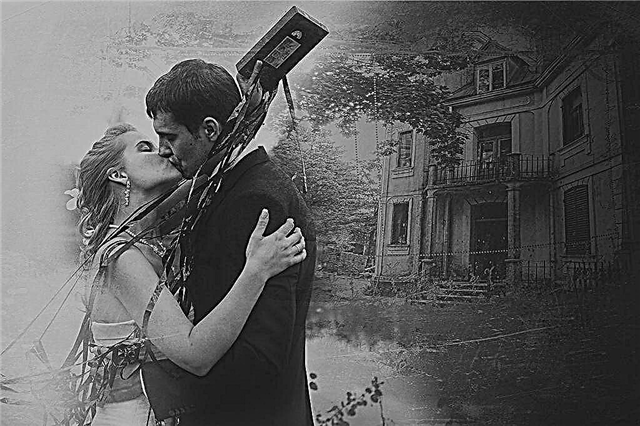

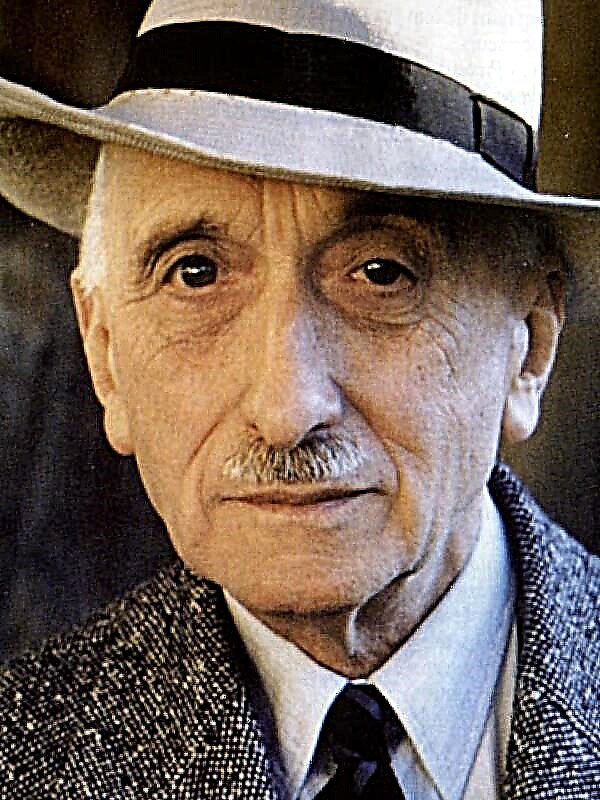
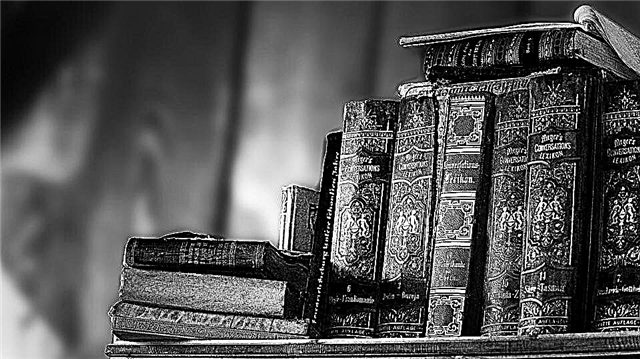
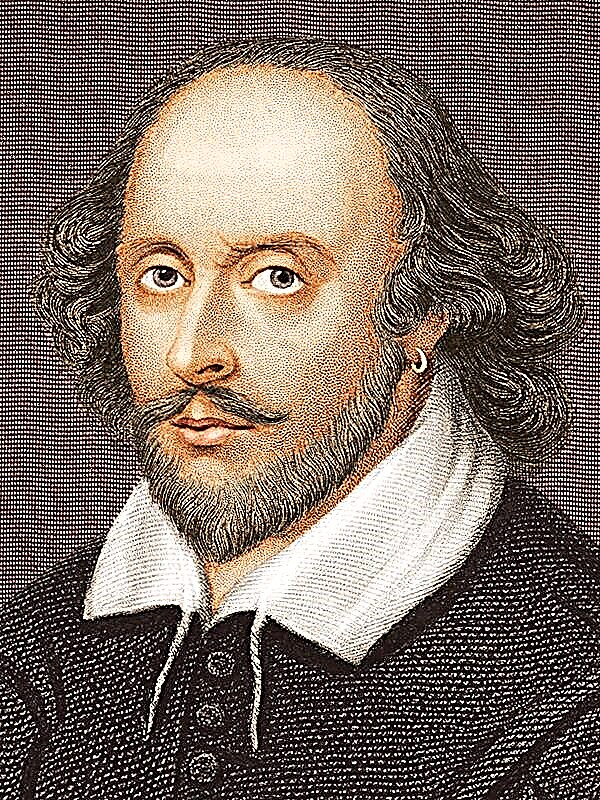 twelfth Night
twelfth Night
